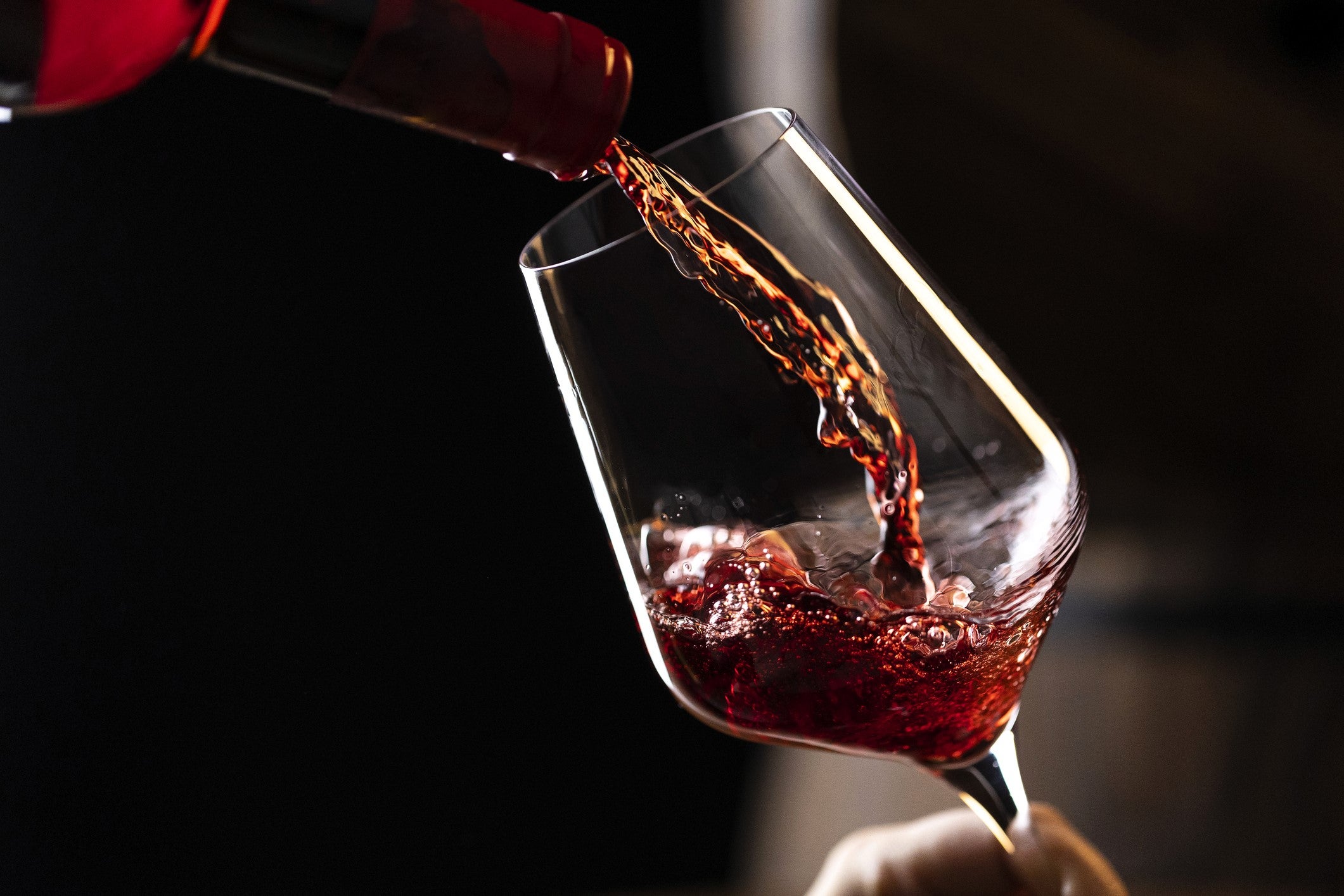Wattage from wine: Food waste offers huge breakthrough for lithium-ion batteries
New battery design is cheaper and more efficient than current lithium-ion batteries

Researchers have figured out how to make batteries more affordable, sustainable and efficient using the same compounds found in winemaking.
The next-generation batteries, developed by a team from the University of New South Wales in Australia, improves on the same lithium-ion batteries found in most portable electronics, like smartphones.
Using food acids to replace the graphite typically found in the electrode of a lithium-ion battery, the scientists claim it significantly improves performance while simultaneously addressing sustainability concerns.
“We’ve developed an electrode that can significantly increase the energy storage capability of lithium-ion batteries by replacing graphite with compounds derived from food acids, such as tartaric acid – that occurs naturally in many fruits – and malic acid – found in some fruits and wine extracts,” said lead researcher Professor Neeraj Sharma from UNSW Science.
“[Our battery component] could potentially use food acids from food waste streams, reducing their environmental and economic impact. Its processing uses water rather toxic solvents, so we’re improving the status quo across multiple areas.”
Professor Sharma said the advanced battery could not only improve smartphones, but also help in the transition away from fossil fuels.
Lithium-ion batteries are also found in grid energy storage systems, which are increasingly required to support renewable energy systems like wind and solar farms.
Battery energy storage systems (BESS) allow providers to store energy during periods of over production and provide a backup when production is low.
Uptake of current technologies has been relatively slow due to capacity and cost limitations, which the wine-inspired battery could help overcome.
“By using waste produced at scale for battery components, the industry can diversify their inputs while addressing both environmental and sustainability concerns,” said Professor Sharma.
“Using food acids to produce water-soluble metal dicarboxylates [electrode materials] presents a competitive alternative to graphite used in the majority of lithium-ion batteries that can, as we’ve demonstrated, optimise battery performance, renewability and cost to better support battery demand.”
Join our commenting forum
Join thought-provoking conversations, follow other Independent readers and see their replies
Comments
Bookmark popover
Removed from bookmarks